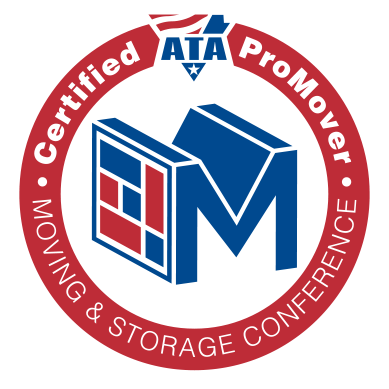
If the last year of political unrest and tests of social justice has proved anything to us, it’s that diversity, equity and inclusion (DEI) is an increasingly important issue for organizational leaders and employees alike.
We expect DEI to continue to increase in significance as a key organizing principle of workplace culture and business strategy. Our current workforce is more diverse than ever, and employees expect their workplace to offer diverse, equitable and inclusive opportunities for themselves and their peers.
According to a recent Harris Poll and Glassdoor survey, 76% of employees and job seekers consider a diverse workforce a vital factor when evaluating companies and job offers. Because of that, Glassdoor has recently added workplace factor ratings by disability, gender identity, race/ethnicity, sexual orientation and more for more than 3,300 companies.
“Increased transparency can show us where we are strong and where we are weak,” Glassdoor CEO Christian Sutherland-Wong said in a statement. “It can help job seekers discover opportunities where they can thrive, and it can support employers in creating more equitable workplaces and communities.”
Investing In People
Josh Bersin’s report, Elevating Equity: The Real Story of Diversity and Inclusion, notes that demand for diversity, equity and inclusion (DEI) in the workplace is ubiquitous and matters now more than ever. Diverse organizations have fared far better during the COVID-19 pandemic than non-diverse ones; these companies have managed to foster an engaged workforce even while working remotely.
DEI benefits include:
- Diverse companies outperform their non-diverse counterparts.
- Diverse companies report greater levels of innovation, customer service, employee engagement, employee retention and long-term growth.
- Diversity can improve financial performance by as much as 25%.
This year is a good opportunity to build DEI efforts into your short- and long-term business strategy and planning. According to the Bersin report:
- 76% of companies have no diversity or inclusion goals at all.
- Only 12% of companies hold managers responsible for recruiting diverse candidates, and only 11% of recruiters are evaluated based on sourcing from underrepresented groups.
- 75% of companies do not have DEI included in the company’s leadership development or overall L&D curricula. Rather, DEI is treated as a compliance issue.
- Only 32% of companies mandate any form of DEI training for employees and only 34% offer such training to managers.
- Only 22% of companies believe they are recognized by their employees, customers or suppliers as leaders in DEI.
Putting It Into Practice

Allied’s parent company, SIRVA, launched a webinar series specific to HR mobility leaders, Mobilizing Diversity: Client Conversations, to understand best practices of its clients and gain new ideas that all companies can bring back to their organizations.
Reasons to engage with this series include:
- Learn how other organizations are evolving with their diversity, equity and inclusion programs.
- Gather best practices you could use in your own organization.
- Hear from talent leaders on how they see DEI intersecting with mobility and talent management.
The first interview is with SIRVA client Kia Motors. Inshirah Marchan and Anne Savitch from Kia Motors North America share learnings from recent changes to their company’s cross-cultural diversity programs with SIRVA leaders in video interviews.
Kia Motors North America made the decision to shift inclusion and diversity from a compliance or legal area to human resources, where the practices and programs would gain more support and become more of a nucleus of the organization, Marchan says.Savitch noted that naming inclusion first was intentional to emphasize its importance in the organization while also recognizing and valuing the diversity of the team. Internally, the organization invests in recruiting and marketing efforts to present the company as a place where everyone belongs. Externally, Kia Motors is building a structure to ensure supplier and partner relationships are representative of the greater community and recognize inclusion as a core company value.
“We are really striving for a cultural change and not just a program,” Marchan says. “We want to recognize that inclusion and diversity and equity and belonging are at the heart of everything that we do to ensure that we are providing the best culture for our team — a culture that will foster safety and honesty and growth within the organization.”
SIRVA’s continuing series includes interviews with clients Ardent Mills and Hewlett Packard Enterprise (HPE), with more in development.
SIRVA and Allied are committed to helping corporate and nonprofit clients and partners develop a comprehensive and inclusive recruiting and retention structure as well as offer tiered and flexible mobility planning to help any company, small or large, through the coming challenges and transitions.
Are you focused on preparing your company for what comes next? Get ahead and download Allied’s latest white paper: Back to the Future: 2021 Business Trends. This white paper looks at anticipated 2021 business trends, evaluating how mobility planning can help keep your company ahead of the curve in the following key areas:
- Business model innovation
- Reimagining workspaces
- Rebalancing the global-local supply chain
- Diversity, equity and inclusion



![shield [Converted] susan](https://corporate.allied.com/hubfs/susan.png)
![shield [Converted] move](https://corporate.allied.com/hubfs/move.png)

